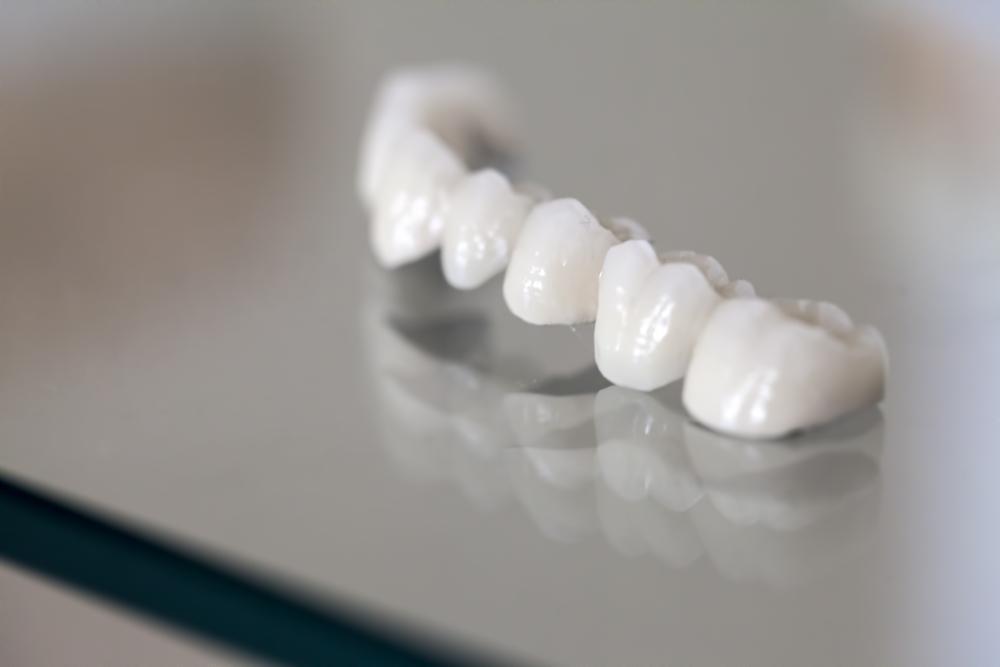
Your dental care is essential. Therefore, it is a good idea to plan to get the treatment you need to improve your oral health. The most common type of dental work involves crowns and bridges. These treatments are permanent dental appliances that help replace missing, decayed, or damaged teeth. They can also improve dental misalignment issues and prevent further damage to your teeth. Preparing to get a crown or bridge can be stressful. Fortunately, a crowns & bridges Springfield specialist can help you know what to expect during your treatment and how to prepare yourself. Learn more about the five best preparation tips that can help ease the stress and make everything go smoothly during your crown and bridge treatment.
1. Choose a Skilled Dentist
Before considering a crown and bridge treatment, choose a skilled and experienced dentist. You can also ask for referrals from friends who have undergone successful treatment. When choosing your dentist, check their credentials and experience with crown and bridge treatments.
Also, ask if they have any special deals or offers on their services before you book an appointment. Once you have found a dental professional who seems like a good fit, please book an appointment so that they can evaluate your dental condition and whether you are eligible for treatment.
2. Communicate With Your Dentist
Before receiving your crown and bridge treatment, tell the dentist about any medical conditions, allergies, or medications you are taking. Also, remember to mention any previous dental work or procedures you have had in the past.
You may also want to discuss concerns about the crown and bridge treatment, such as pain from previous treatments. Also, if you are often prone to dental anxiety, tell your doctor so that they can determine the best ways to keep you comfortable during treatment.
3. Adjust Your Medication Regimen Before Treatment
Certain medications, such as blood thinners and anticoagulants, can ultimately affect the effectiveness of anesthesia administered by your dentist during treatment. Therefore, avoid taking them for at least 48 hours before treatment.
If you have been taking these medications long, consider stopping them 72 hours before treatment. If you are uncertain about the different types of blood thinners and anticoagulants, consult your dentist for further clarification.
4. Plan To Have Someone Drive You Home After Treatment
Since a crown and bridge treatment is a major dental procedure, you must plan for a ride home. If it is impossible to have a ride home, ensure that your dentist receives written confirmation from the billing insurance office for this service. If you are taking pain medication, it is important that you not drive until 24 hours after treatment. This is because you might experience grogginess or pain after the anesthesia wears off.
5. Take Care of Your Teeth Before Treatment
If you are going to have a crown and bridge procedure, ensure your teeth are in good shape. In addition to brushing and flossing, you must use mouthwash and fluoride toothpaste daily before treatment.
A tongue cleaner can also help keep your mouth healthy by removing bacteria from the back of your teeth, where they tend to build up over time. Maintaining good oral hygiene before your treatment can help your dentist take a shorter time to complete the procedure.
You cannot beat the feeling of a new bridge or crown. This treatment has many benefits, but you must ensure you have the right dentist to help with a successful outcome. By being prepared before treatment and having realistic expectations, your experience might be much more pleasant, and you may even return to enjoying your smile.
It is important to remember that every patient is unique, and their experiences may differ. Therefore, discussing your options with your dentist before treatment can help you make appropriate decisions about your crown and bridge treatment.
